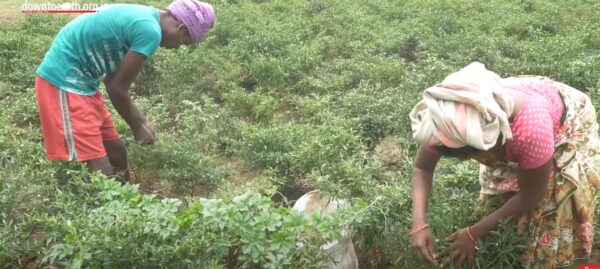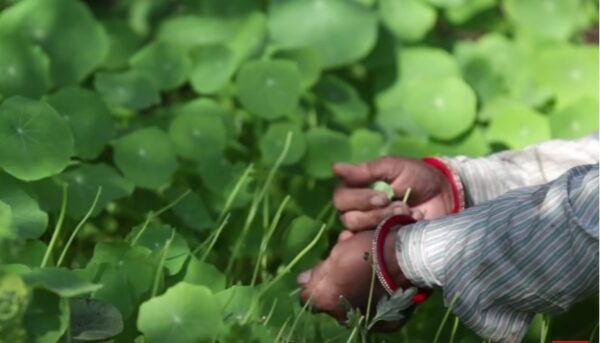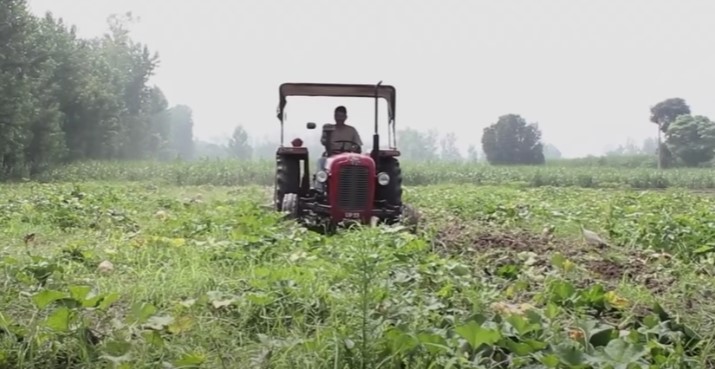Sustainable Agricultural Practices in Sri Lanka: Paving the Way for a Resilient Future-by Kalani–eLanka

Agriculture is a cornerstone of Sri Lanka’s economy, providing livelihoods for a significant portion of the population and contributing to the country’s overall development. Over the years, Sri Lanka has faced various challenges, including climate change, population growth, and limited natural resources, which have all impacted the agricultural sector. However, through innovative and sustainable practices, the island nation is striving to overcome these obstacles and create a more resilient and productive agricultural landscape.
One of the key strategies for sustainable agriculture in Sri Lanka is the diversification of crops. Traditionally, rice has been the staple crop, but the over-reliance on this single crop has made the agriculture sector vulnerable to environmental changes and market fluctuations. To mitigate risks and improve food security, the government and agricultural institutions are encouraging farmers to cultivate a broader range of crops, including fruits, vegetables, and cash crops like tea and rubber. Diversification not only boosts income opportunities for farmers but also enhances biodiversity and reduces the impact of pests and diseases.

In recent years, there has been a growing interest in organic farming practices in Sri Lanka. Organic farming emphasizes the use of natural inputs, such as compost, green manure, and biological pest control, while avoiding synthetic chemicals and genetically modified organisms. This approach promotes soil health and fertility, reduces water pollution, and delivers healthier produce to consumers. The demand for organic products in both domestic and international markets has spurred many farmers to adopt these sustainable practices, resulting in increased income and a positive environmental impact.
Sri Lanka’s agriculture heavily relies on water resources, and efficient water management is crucial to ensure a sustainable future for the sector. The country experiences seasonal variations in rainfall, and with climate change, these patterns have become more unpredictable. To address water scarcity and improve irrigation efficiency, the government has been investing in modern irrigation systems and promoting the use of rainwater harvesting techniques. Moreover, educational programs are encouraging farmers to adopt water-saving practices, such as drip irrigation, which not only conserves water but also boosts crop yields.
Agroforestry, the practice of integrating trees and shrubs with crops and livestock, has gained momentum in Sri Lanka due to its multiple benefits. Trees provide shade, prevent soil erosion, enhance biodiversity, and act as windbreaks, all of which contribute to increased agricultural productivity and resilience. Additionally, agroforestry systems offer alternative income streams through the production of fruits, nuts, and timber, thereby reducing farmers’ dependence on a single income source.
As climate change continues to impact weather patterns and increase the frequency of extreme events, adopting climate-resilient crop varieties becomes essential for agricultural sustainability. Research institutions in Sri Lanka are collaborating with international organizations to develop and distribute crop varieties that are more tolerant to drought, flooding, and higher temperatures. By equipping farmers with climate-resilient seeds, the country aims to mitigate the risks associated with changing climatic conditions and protect livelihoods.
Sri Lanka’s agricultural sector is undergoing a transformative journey towards sustainability, driven by the need to address environmental challenges and ensure food security for its growing population. Through the adoption of diverse and eco-friendly practices such as crop diversification, organic farming, efficient water management, agroforestry, and climate-resilient crop varieties, Sri Lanka is setting an example for other nations striving for sustainable agriculture. By supporting and scaling up these initiatives, the country can build a resilient agricultural system that not only sustains livelihoods but also safeguards the environment for future generations.








